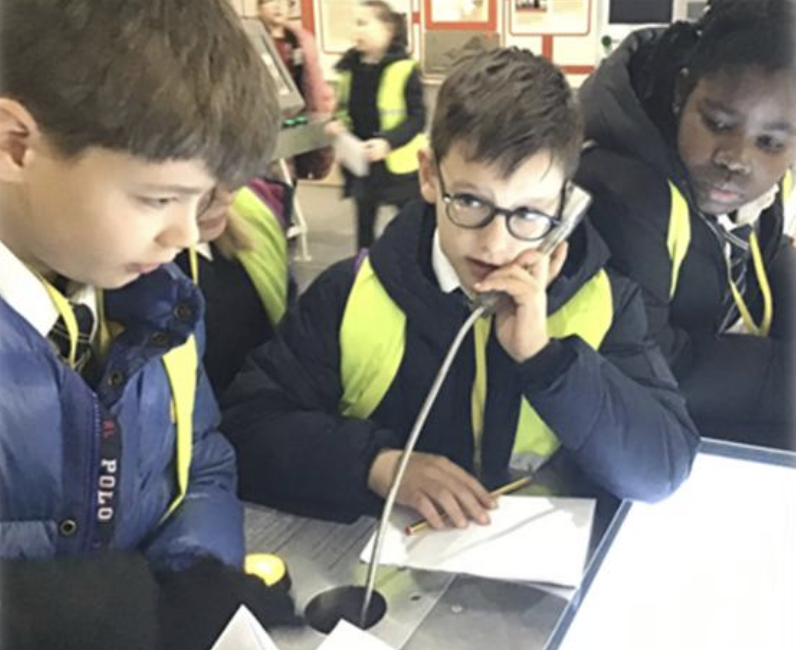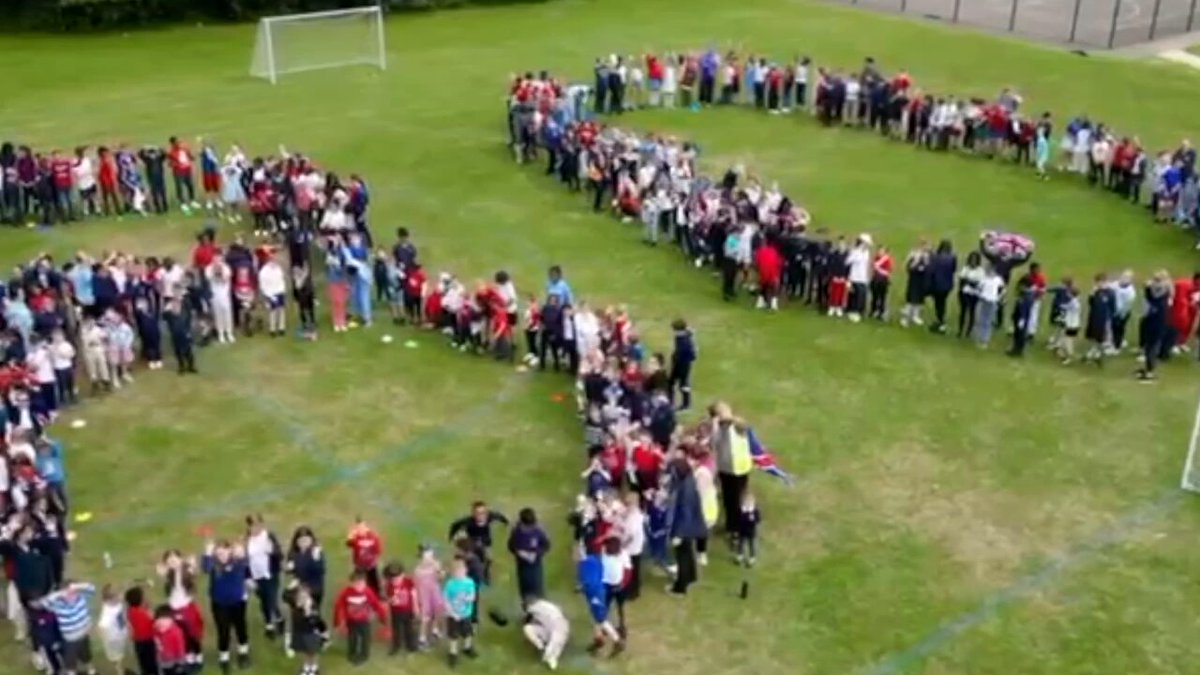Year 4 - Jungle Book & Northern Lights
As Readers
We will be reading the book, ‘Shackleton’s Journey’, William Grill. The book supports the teaching of character development, emotional response and changes of setting in a narrative which references a true historic event. The narrative structure is carefully crafted and the characters and settings are well drawn, offering young readers a good model for their own story planning and descriptive writing. The historical time frame and reports of events are factually accurate, providing an exciting true story of rescue and survival.
Our whole class reading sessions will be linked to our poetry. The children will immerse themselves in the classic poems: The Jabberwocky – Lewis Carroll Life doesn’t frighten me - Maya Angelou If – Rudyard Kipling Green eggs and ham – Dr Seuss The British - Benjamin Zephaniah. They will have the opportunity to read aloud and perform the poems. We will be focussing on the key skills of: vocabulary, inference, prediction, explanation retrieval and summarising.
Key Vocabulary: Explorer, trek, expedition, knighted, ice-cap, polar, journey, discover, ship, navy, flag, Antarctica, Arctic, mission, stanza, couplet, visualisation, onomatopoeia
As writers
We are going back in time to Antarctica, where we will act in role as crew members from the fateful ship ‘Endurance’. Writing will include: diary entries, rhyming poetry, telegrams, informal letters, reports, recounts and persuasive arguments. Jump aboard and set sail for an unforgettable journey!
Key Vocabulary: punctuation, couplet, rhyming, contraction, apostrophe, verb, adverb, noun, advective, informal, formal, purpose and audience.
As Mathematicians
We shall begin the unit with finding factors and factor pairs, and how we can use them to solve larger multiplication problems. We will then move onto using formal written methods for multiplication, before delving deeper into perimeter and area. This takes us nicely onto fractions where we will disembark.
Key Vocabulary: Multiplication, division, recall, place value, factor, factor pairs, commutativity.
As Scientists
We will continue our journey by looking at Polar habitats, which will lead us onto the animal kingdom. As part of this, we will be grouping and classifying animals using classification keys, exploring how animals have adapted to their environments – in particular polar animals and looking how animals will be affected by environmental changes especially human impacts.
Key Vocabulary: classification, mammals, amphibians, reptiles, birds, fish, vertebrates, invertebrates, environment, adapt, flow chart, observable, habitat, migration, extinction
As Geographers
Children will explore the reasons people work and some of the different types of jobs people have, such as full-time or part-time work. They will understand what a job sector is and be given a brief overview of the types of jobs that can be found across a wide range of job sectors before considering which sector they think they would like to work in when they are older. We shall look at some of the UK’s largest industries before exploring in further detail how a country’s climate and resources affect its industry and economy, before finding out about some of the different jobs people can do in other places around the world. Finally, the children will identify some of the reasons adults don’t work including retirement and unemployment. They will find out about the help given to the unemployed in the UK and compare this to other countries around the world.
Key vocabulary: full-time, part-time, sector, business, industry, economy, unemployment, retirement
As Historians
We will be looking at Arctic explorers and how they have changed over time. Our main focus of study shall be based around Ernest Shackleton’s voyage on the Endurance
Key Vocabulary: Explorer, trek, expedition, knighted, ice-cap, polar, journey, discover, ship, navy, flag, Antarctica, mission, sources, artefacts and timeline.
As Artists
We will explore the theme of ANTARCTICA as a source of inspiration to develop our artistic skills. This will include: develop the ability to ANALYSE pictures/information to inspire ideas, explore the skill of drawing in PROPORTION, develop knowledge of using TINT & SHADE to mix new colours, experiment with LINE drawing before exploring creative outcomes. Our focus artist is: David Abby Paige.
Key Vocabulary: media, abstract, line, tone, shade, pattern, texture, colour, acrylic and collage.































